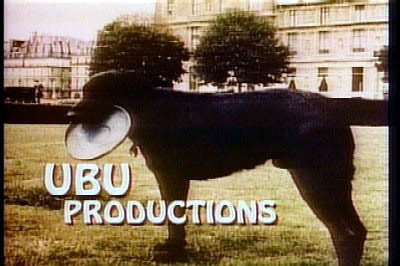I recently took a ten-week break from work to take care of our newborn baby. During this time, I was mostly at home with no schedule but with a lot to accomplish and work to do around the clock. Day ran into nights. Weekdays ran into weekends. I missed work because those days lacked structure. I felt like I was getting nothing done.
If you’re like me, and you’re looking for a job having just graduated or left another job, your days might feel like this. On the one hand, you know that it’s common for students to land their internships and jobs in the summer. On the other hand, you find it hard to honestly devote huge chunks of time to the job search without a schedule of classes to go to and an imminent deadline to make. So, rather than making a phone call to a contact first thing in the morning, you push it off until later. When you get all week to send out a cover letter, you might take a whole week to write it. And maybe you spend too much time perusing online job boards because it’s easier than writing that cover letter or making that cold call. If this sounds familiar, I sympathize with you.
So, how can a job seeker actually spend a full day job searching when you’re home and can be watering plants, doing laundry, and surfing the web? How can you follow that often-heard advice to treat the job search like it is a job? I don’t have all of the answers, but let me offer two suggestions based on what I’ve learned in the last three months.
Schedule. For many people seeking discipline, it is important to establish a regular schedule. For a job seeker, your day might involve getting up at 7 am, going for a run, sitting down at 8:30 am to read up on industry news and post one relevant thing to LinkedIn or Twitter. Since you feel most social in the morning, you then make some phone calls to companies or contacts, maybe do an informational interview. Afternoon might be quiet time. Perhaps you write your cover letters then. In the evening, you go out and meet a contact for coffee or volunteer at a gathering of your professional association.
Of course, above is just an example, and you have to figure out what kind of schedule fits you. You can multi-task if that’s your style or consciously vary your routine. Or you might join a job club, volunteer a few hours each day, etc. The point is that having a schedule will save you time and prevent you from surfing the web for job listings all day.
Space. During my maternity leave, I talked with many telecommuters and self-employed people in the neighborhood and their strategies for getting work done from home are applicable to the job search. One thing they stressed was the importance of having a separate space for working. You need a place to go to everyday to carry out your routine. This can be a desk, the basement home office, the dining room, a coffee shop (though not recommended for making phone calls to contacts). Having a dedicated work space will help you concentrate, discourage disruptions from others, and keep your home and work life separate.
Not everyone needs a schedule and space to do their job search productively, but if you are having trouble focusing during the day, I would take a look at these two things first. And don’t forget to give yourself a break, too. Spending a few hours in fresh air might be just what you need to reenergize your job search.









